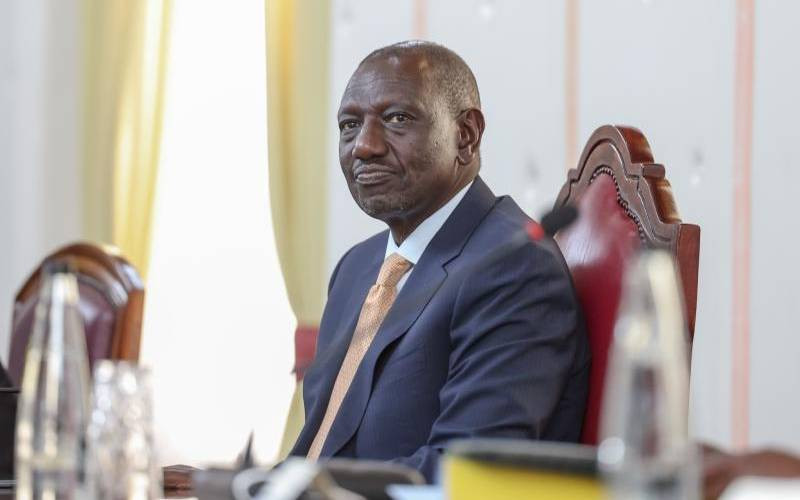Titus Wekesa Sifuna, a 22-year-old Kenyan man who was arrested over claims of publishing false information about President William Ruto, has been released on a Ksh100,000 cash bail after spending seven days in detention without formal charges.
The case has sparked widespread public outcry and renewed debate over freedom of expression and digital rights in Kenya, particularly around the enforcement practices of the Directorate of Criminal Investigations (DCI).
Public Outcry Over Detention
According to digital rights advocate Hanifa Farsafi, who broke the news of Sifuna’s release on X (formerly Twitter), the young man endured prolonged detention without due process.
“They kept him in for 7 days with no trial. No charge sheet. And a bail of 100K,” Farsafi wrote, expressing dismay at the DCI’s conduct.
“Their intention was to keep him in for 7 days to torture him. He’s not even speaking or smiling.”
Farsafi also thanked the Defenders Coalition, a civil society organization that reportedly stepped in to pay the bail, facilitating Sifuna’s release. “Asanteni sana,” she wrote in gratitude.
Allegations and Legal Questions
While specific details of the “false information” allegedly posted by Sifuna remain unclear, legal experts have raised serious concerns about the use of cybercrime laws to suppress dissent or online commentary.
“This case is emblematic of how vague charges under Kenya’s cyber laws can be misused to stifle criticism or political expression,” said one Nairobi-based human rights lawyer.
Sifuna’s case has now become a flashpoint for activists who argue that authorities are increasingly resorting to digital surveillance and arbitrary arrests in a bid to control online narratives.
The Bigger Picture
Kenya’s Constitution guarantees freedom of expression, but cases such as this have highlighted growing tensions between citizens’ rights and state interests in the digital space. Civil society organizations have long warned that the Computer Misuse and Cybercrimes Act is prone to abuse due to its broad provisions on what constitutes false information or offensive communication.
With his emotional words “I must go!” reportedly uttered during the ordeal, Sifuna’s case may become a rallying cry for youth and digital activists advocating for greater transparency, legal reform, and accountability in Kenya’s criminal justice system.









































